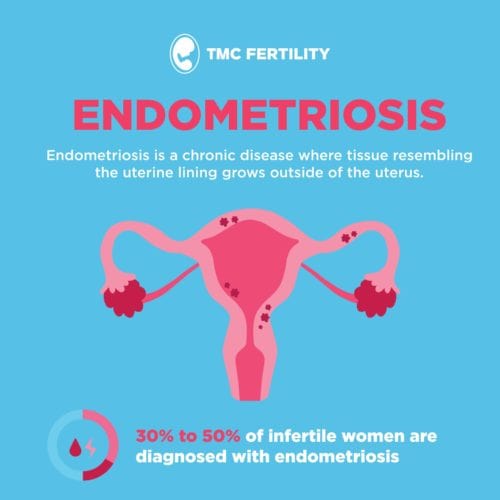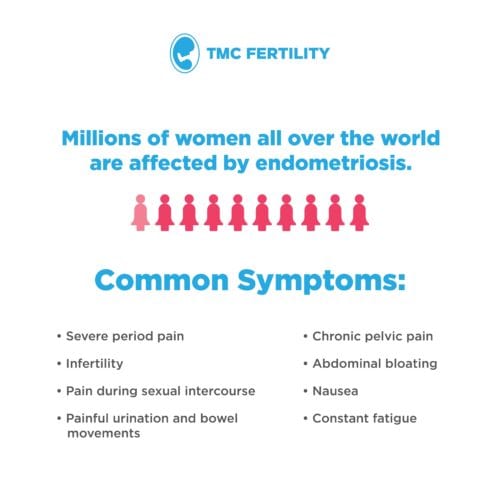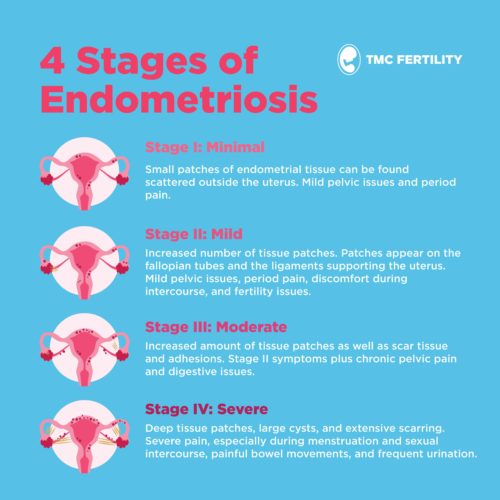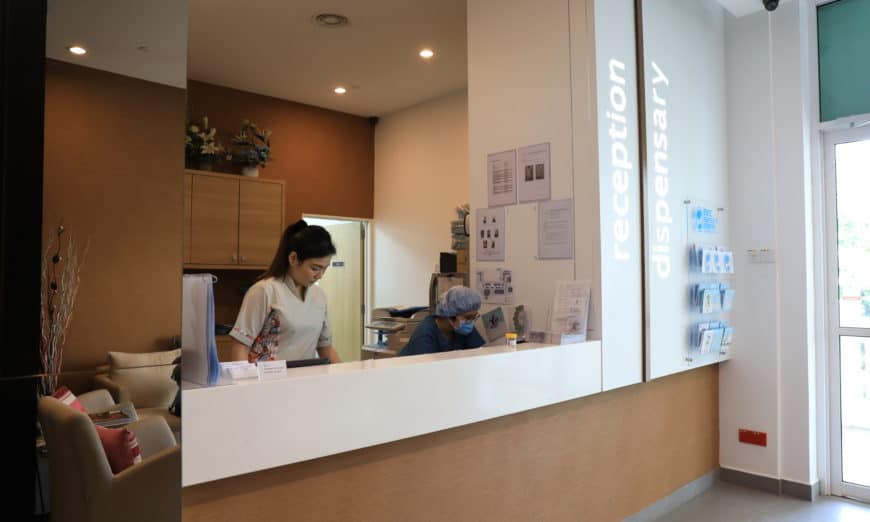ENDOMETRIOSIS, a term many may probably have heard of, but very few truly comprehend, is a condition so pervasive yet so clandestine.
It weaves through the lives of millions, eventually manifesting as excruciating pain that casts shadows on some of the women’s most routine activities – menstruation, intimacy, or even a simple act of urination or bowel movement.
Endometriosis is a frequently painful condition where tissue resembling the inner lining of the uterus grows outside it. This growth commonly impacts the ovaries, fallopian tubes, and the lining of the pelvis. In some rare cases, these abnormal growths may extend beyond the pelvic region.

TMC Fertility, a women’s specialist centre focused on matters about fertility, through a media statement, stated that endometriosis approximately affects 190 million women and girls globally.
They also revealed that 30% to 50% of infertile women were found to be battling this unprecedented medical condition, which dampens their dream of motherhood.
Instead, they enter a zone of nightmare, a physiological battlefield marred by distorted pelvic anatomy, scarred fallopian tubes, and a myriad of factors affecting egg quality and pregnancy.
With significant statistics and staggering numbers, what is more alarming is that there remains an overwhelming lack of awareness in Malaysia.

Endometriosis Association of Malaysia (MYEndosis) founder and president Surita Morgan emphasises the fact that despite the many women who are affected by endometriosis in the country, there remains limited awareness and documentation of their struggles.
“Malaysians are generally not aware of what endometriosis is and why some women have this condition.
“One of the biggest reasons is because it is often considered as a taboo subject. People are simply uncomfortable speaking about menstrual health openly. But it doesn’t have to – rather, it shouldn’t – be that way.
“Breaking this silence is immensely crucial.

“By fostering open conversations and increasing visibility, we can challenge misconceptions and create a supportive community where women feel seen and heard.
“We need to change the narrative around menstrual health and endometriosis. We need better research, better resources, and better recognition of this condition.
“By doing so, we can begin to pave the way for a future where endometriosis is not a burden anymore carried in silence, but a challenge met with understanding and solidarity,” she said in a media statement released recently.
Just like Surita, some other advocates and medical professionals are also working tirelessly to send this crucial message across to the community.
They make up a caring community and unsung heroes who have dedicated their mission to journey with patients, from diagnosis to treatment, and to providing the much-needed continued care and comfort.
One special mention would be Dr Liza Ling Ping, a consultant obstetrician, gynaecologist, and fertility specialist at TMC Fertility.

“This Endometriosis Awareness Month, we have stepped up efforts in our mission to shed light on the profound impact of this condition, especially on infertility.
“We hope these can help empower women to seek timely diagnosis and access comprehensive care so that nobody will have to face the hardships of endometriosis alone.
“Beyond physical symptoms, we have seen how endometriosis deeply affects one’s emotional well-being, relationships, and quality of life.
“By providing education, support, and advanced treatment options, we aim to uplift and guide women and their families through their journey, ensuring they receive the compassionate care and attention they deserve.
“Our goal is to foster deeper understanding and treatment of this condition, making a positive difference in the lives of women everywhere.
“While there is no absolute cure for endometriosis, an official diagnosis allows for the classification of the patient’s condition stage, guiding the choice of treatments to manage symptoms and improve quality of life.
“Early diagnosis and intervention can open the door to effective treatment options that not only alleviate symptoms, but also improve quality of life, and even protect fertility,” Dr Liza said.
Story by Kevin Vimal
Pix courtesy of TMC Fertility

